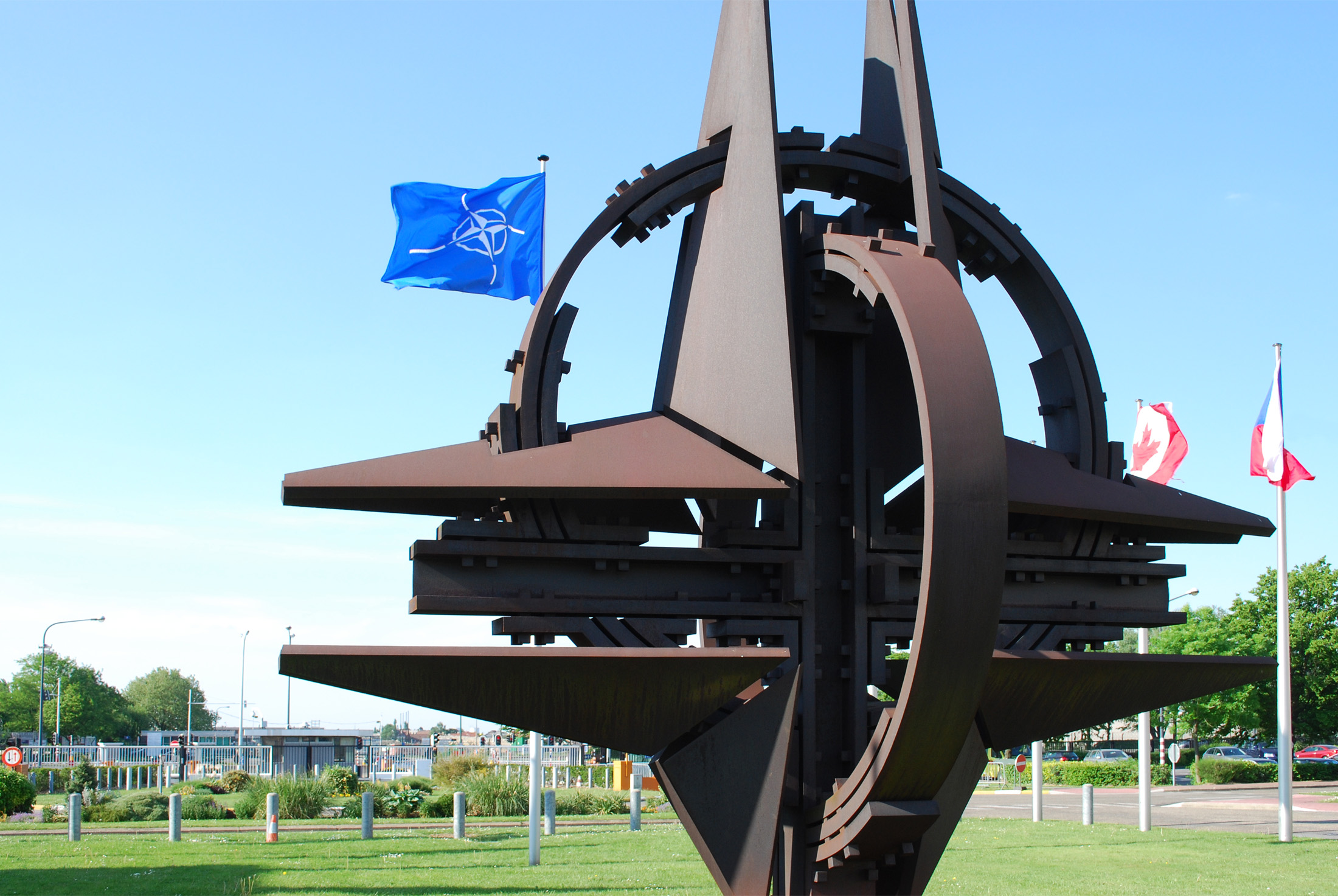
Strengthening the Political Credibility of NATO Extended Nuclear Deterrence

Due to Russian nuclear signaling during its war against Ukraine, there is renewed interest in strengthening
nuclear deterrence in a Euro-Atlantic context. The changes in the agreed language in the new North
Atlantic Treaty Organisation (NATO) Strategic Concept, adopted on 29 June 2022 at the summit in Madrid, and the Vilnius Summit Communiqué from 11 June 2023, are examples of this interest. Subsequently, this policy brief focuses on one aspect of strengthening NATO’s extended nuclear deterrence (END), namely how can NATO adapt its nuclear policy and posture to mitigate the uncertainties related to the political credibility challenge of extended nuclear deterrence? Questions regarding the political will to use nuclear weapons by the guarantor to protect and reassure allies in an END relationship is a well-known evergreen that reappears from time to time. Therefore, the author argues that NATO should address this political credibility challenge by strengthening the role of European allies in the nuclear strategy of the Alliance.
CLICK “VIEW PDF” BELOW FOR ACCESS TO FULL POLICY BRIEF
(Photo credit: NATO, Flickr)